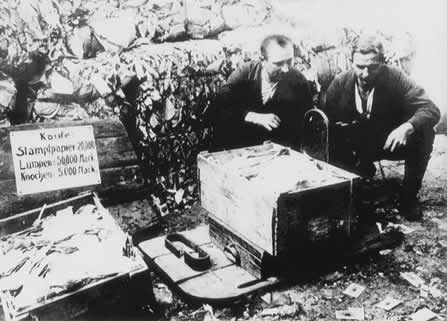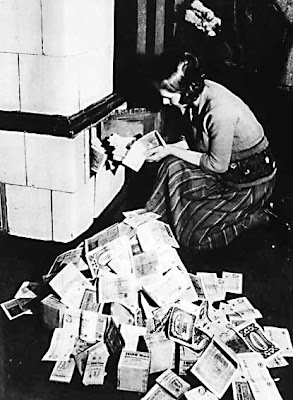Anyone watch Newsnight tonight?
They all failed to mention their part in in the last government and their collective failure. SPEND SPEND SPEND, SHIT NO MONEY!!
What were the five reasons?
Anyone watch Newsnight tonight?
They all failed to mention their part in in the last government and their collective failure. SPEND SPEND SPEND, SHIT NO MONEY!!
Sometimes there is beauty in simplicity, and for me, this is one of those times.what was that statistic, 1£ from every 4 labour spent was borrowed or something?
I'm not tory but that can't be right can it, even in a boom time. must admit i don't really understand econmics at that level but wouldn't have been better jus to spend the £3, so to speak?
conservatives are idealogically ooposed to public spenmding
it must be possible to be fiscally repsonsible AND socially responsible?
There is absolutely NO WAY the banks could *ever* have been left to go bust, especially in a credit driven economy. Last time that happened was in 1920s America and it left people carting wheelbarrows of useless banknotes.
.


Good grief! Take the Health Service. All of it has been improved under Labour, with more new buildings, and some of the older ones shut.
Once again I don't disagree, and another Brown mistake (which he admitted himself) was agreeing to the banks demands that they didn't need a strong regulatory authority.it was actually economic policy set down by Clinton that really seeded this, encouraging the US banks to lend to anyone. deregulation of the 80's is one thing, removing safeguards that had remained even then is another. Brown changed the regulatory framework so that the BoE experts had no insight or authority into market trading while the FSA had no expertise.
more importantly, Browns failing was to believe his own mantra that he had eradicated boom and bust, while also breaking his own "golden rules" about spending over the economic cycle as the cycle ended. We could have gone into the situation with moderate public debt and the bank bail outs would have been more manageable. instead we went in with well over £100 billion public borrowing debt.